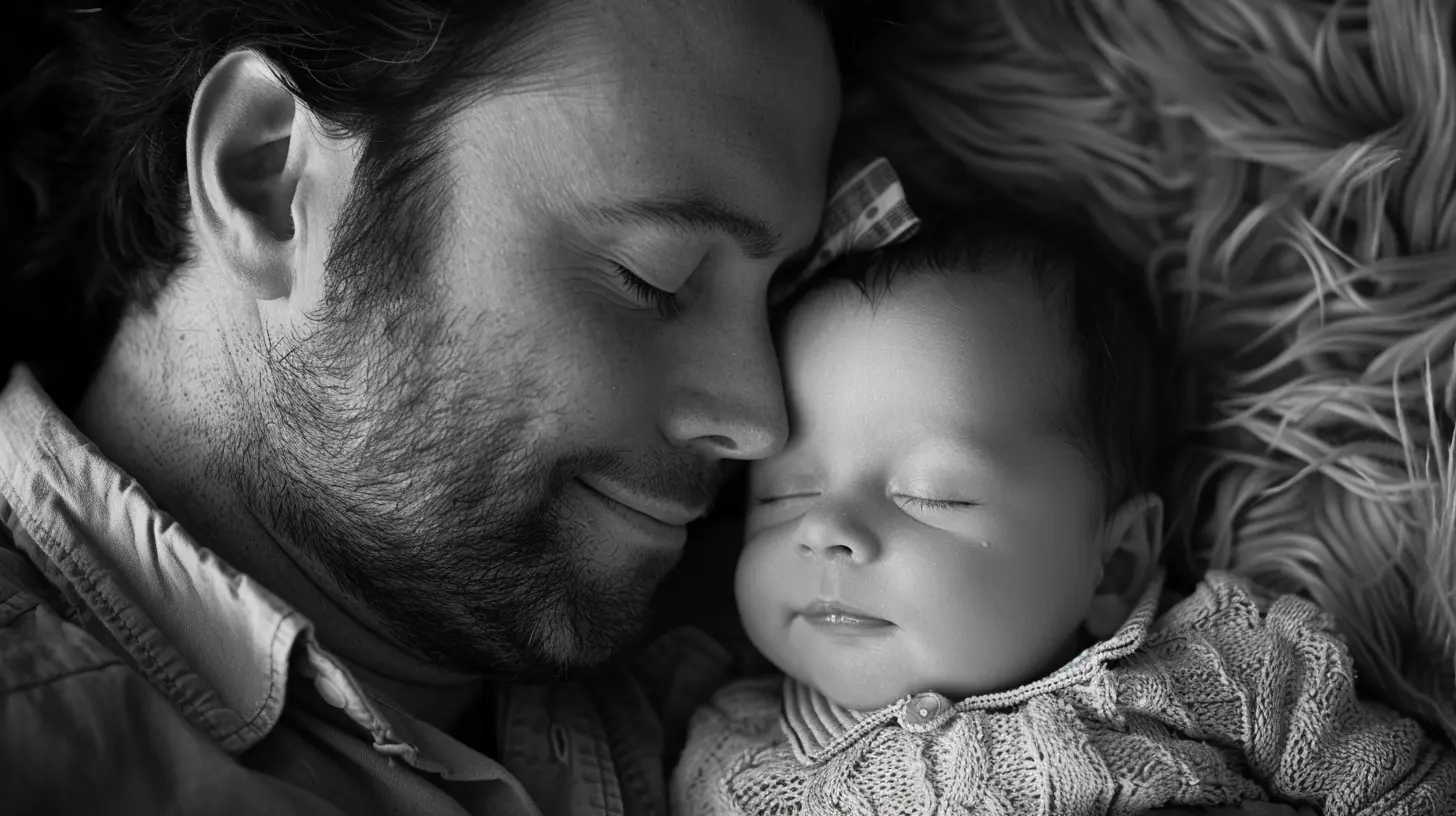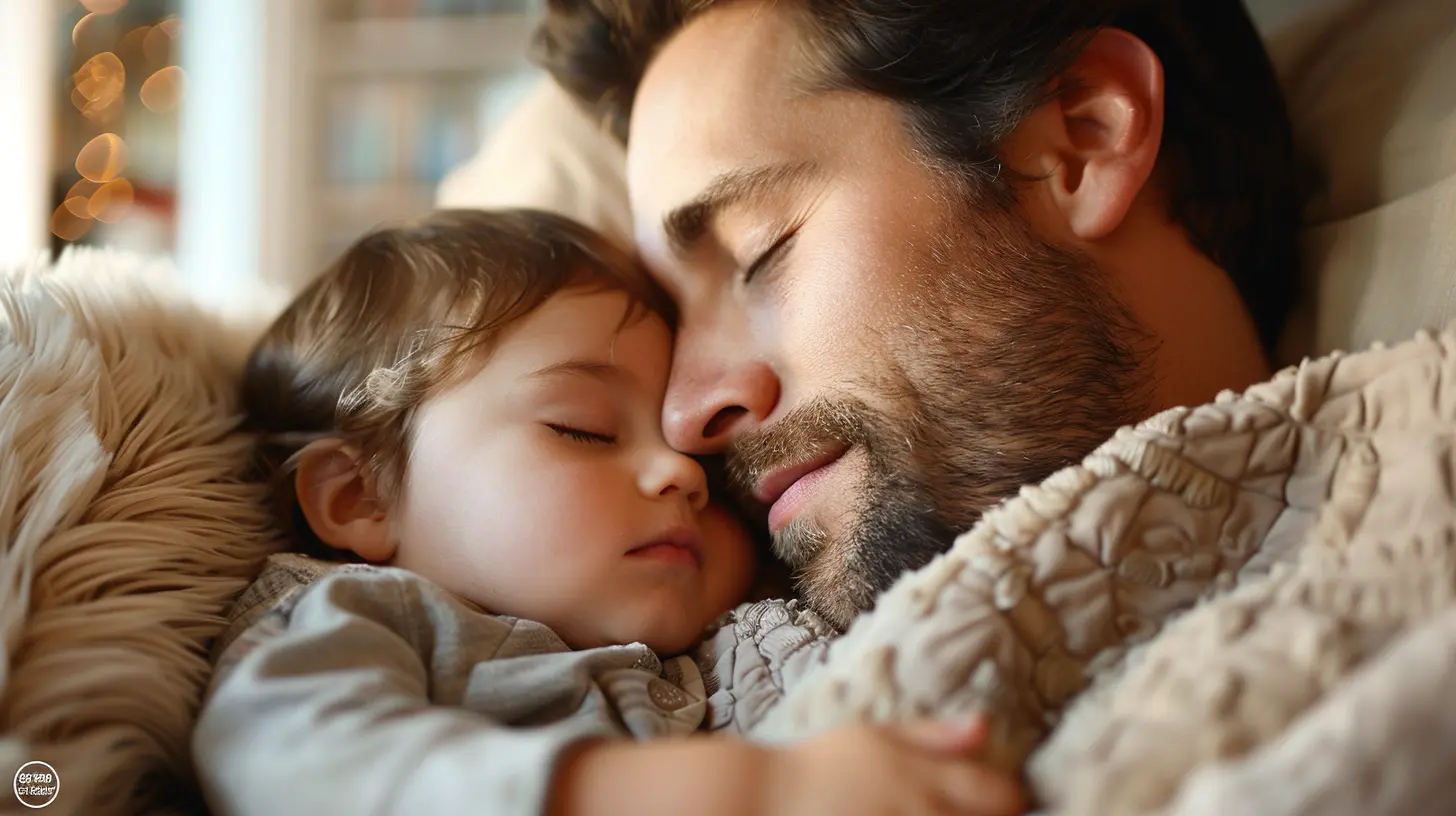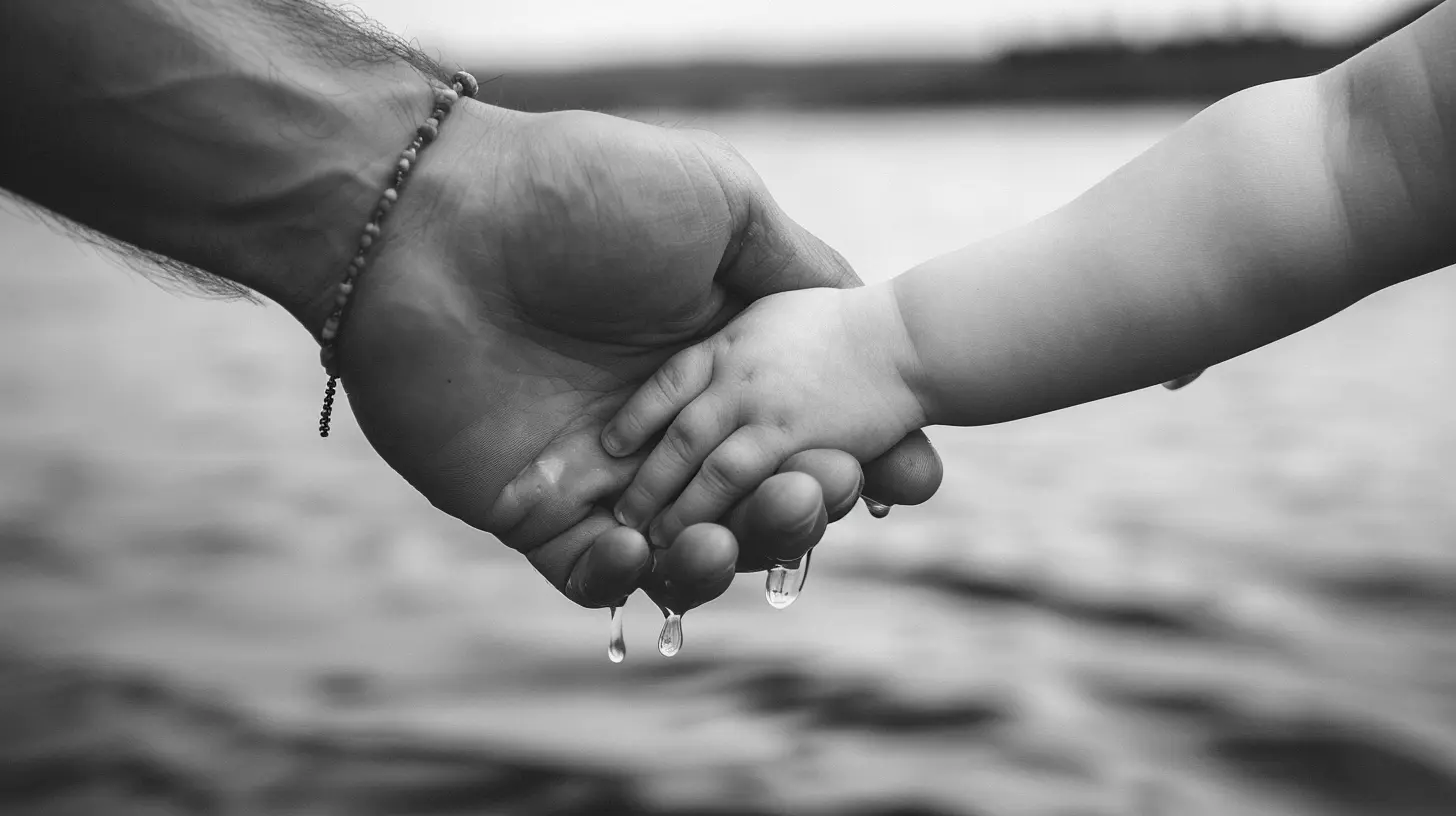The Role of Fathers in Attachment Parenting: Creating Strong Emotional Bonds
17 October 2025
When we think of attachment parenting, we often picture a mother holding her newborn skin-to-skin, breastfeeding on demand, or soothing the baby through co-sleeping. Moms have traditionally been seen as the central figures in nurturing, especially in those early bonding stages. But here’s the deal: fathers have just as crucial a role.
Attachment parenting isn’t exclusive to moms—it’s a team sport. Dads bring their own kind of magic to the parenting journey. And when fathers are actively involved in creating emotional bonds, the impact on a child’s development can be deep, lasting, and incredibly beautiful.
Let’s break down what attachment parenting is, why fathers matter more than ever, and how they can step up, connect, and forge strong emotional ties that last a lifetime.
What Is Attachment Parenting Anyway?
Before we dive into the dad side of things, let’s clarify what attachment parenting actually means.Attachment parenting is a style of parenting that's all about forming strong emotional bonds between parent and child. It’s based on the idea that kids thrive when they feel safe, loved, and understood. The term was coined by Dr. William Sears, an American pediatrician, and centers around a few key principles:
- Responding sensitively to your baby's needs
- Physical closeness through babywearing and co-sleeping
- Breastfeeding or feeding on cue
- Gentle discipline instead of harsh corrections
- Building trust and emotional attunement
These principles are all about building a secure attachment—a connection so strong that the child feels confident to explore the world, knowing they have a safe emotional home base to return to.
Now, most of that sounds pretty mom-centric, right? But here's the thing: fathers are just as capable of building these bonds. And when they do? The benefits ripple through the entire family.
Dads Aren’t Just Helpers—They’re Bond-Builders
Let’s just put this out there: Dads are not “babysitters.” They're parents. Full stop.Too often we fall into the trap of viewing fathers as secondary in the early stages of parenting—like they’re just there to “give Mom a break.” But emotionally supportive, hands-on dads can provide comfort, stability, and emotional depth that is different from, but equally important as, a mother’s love.
Think of it this way: If parenting were music, moms and dads would be playing two different instruments in harmony. The result? A symphony of emotional security for the child.
The Science Behind Father-Involved Attachment
Research paints a pretty inspiring picture of dads who are emotionally connected.According to studies, children with highly involved fathers tend to:
- Have better emotional regulation skills
- Show higher self-esteem
- Perform better academically
- Develop stronger social relationships
- Be less likely to engage in risky behavior during teen years
And here’s the kicker—they even tend to have stronger attachments overall, not just with Dad, but with others later in life. Basically, when dads are hands-on and emotionally present, they’re laying down some serious emotional groundwork.
How Fathers Can Practice Attachment Parenting
Alright, let’s get practical. How can dads step into the role of attachment-based parenting? Spoiler alert: No magic wand required. Just love, consistency, and being present.1. Be Physically Present—Literally
Physical closeness matters. Holding your baby, wearing them in a carrier, playing skin-to-skin after a bath—these tactile experiences build trust and emotional connections.Even if you're not breastfeeding (obviously), there's still plenty of opportunity to connect. Change diapers, rock the baby to sleep, give nighttime cuddles. Your touch carries comfort too.
2. Respond to Cues
Babies cry. A lot. But those cries aren’t random. They’re communication.Learn to read your baby’s signals, just like their mother does. Don’t be afraid to pick them up when they’re fussy, even if you “don’t know what’s wrong.” Just that act of being there and trying builds trust.
3. Carve Out One-On-One Time
Whether it’s tummy time with your newborn or reading “Goodnight Moon” for the thousandth time, those one-on-one moments add up. They build familiarity—not just for your baby, but for you too.That bond doesn’t happen overnight. It’s like muscle memory. The more time you spend together, the more connected you become.
4. Participate in Bedtime Routines
Get in on the nighttime hustle. Sing lullabies, do the bath routine, massage those little feet—whatever helps them wind down. Bedtime is a golden opportunity for bonding that sets the tone for emotional safety.5. Be Emotionally Available
Many men grew up with the idea that “toughness” means hiding emotions. But attachment parenting turns that idea inside out.Show your feelings. Talk gently. Be vulnerable. Kids learn emotional intelligence by watching how we handle our own emotions.
Your calm presence during a meltdown teaches them how to self-soothe. Plus, it makes you their go-to source of comfort.
Breaking Through Stereotypes: Why Dads Don’t Always Step In
Let’s be honest—some dads struggle stepping into the emotional side of parenting. And that’s not always their fault.Cultural expectations, workplace demands, and even outdated parenting books can limit how dads see themselves. We’re finally starting to shake off the “provider only” label, but old habits die hard.
Sometimes it’s fear—"What if I do it wrong?" Or maybe there's the feeling they’ll never be as naturally nurturing as Mom.
But guess what? Attachment isn't about perfection. It’s about connection. Kids don’t need you to be a superhero—they need you to be you. Present, loving, and tuned in.
The Ripple Effects of Involved Fathering
When dads show up emotionally, it doesn’t just benefit the baby—it changes the whole family dynamic. Here’s how:💞 Moms Get Crucial Support
When fathers share the emotional and physical load, moms experience less stress, lower chances of postpartum depression, and often feel more affectionate toward their partner. That emotional support goes both ways.👶 Kids Gain Double the Security
With two emotionally attuned caregivers, kids gain a sense of stability that becomes their anchor. They know love isn’t limited to one person or one way.👨👩👧 The Co-Parenting Bond Strengthens
When both parents are equally engaged, they understand each other’s challenges better. That creates mutual respect and a deeper partnership—one where parenting doesn’t feel like a solo job.The Long Run: Why It Really Matters
Here’s the truth: the early years go by fast, but their impact lasts forever.The emotional bonds you build in those early days shape how your child views relationships, trust, and self-worth for the rest of their lives. You’re laying down the emotional blueprint they’ll carry into adulthood.
And sure, you might not get the glory moments right away. They won’t remember every bottle you gave or every night you stayed up rocking them. But the security they feel? That becomes part of who they are.
Attachment parenting isn’t about being perfect. It’s about being present. And that’s something every father can absolutely do.
Final Thoughts: Becoming the Dad Your Child Needs
If you’re a dad reading this and wondering, “Can I really do this? Can I be emotionally connected in the way my baby needs?”—the answer is yes. A thousand times yes.You don’t need to be the “better parent.” You don’t need to do things exactly like Mom. What you do need is to show up with heart, consistency, and an open mind.
Attachment parenting is a journey that’s as much about growing as a parent as it is about raising a child. And when fathers take that journey seriously? They don’t just raise emotionally healthy kids—they become the kind of dads their kids look up to for life.
So keep holding your baby close. Keep showing up. Keep loving with intention. You're not just changing diapers—you’re shaping a soul.
all images in this post were generated using AI tools
Category:
Attachment ParentingAuthor:

Max Shaffer
Discussion
rate this article
1 comments
Hugo McFee
Fathers play a crucial role in attachment parenting! Their love and support create lasting emotional bonds that enrich our family's journey.
October 18, 2025 at 3:26 AM

Max Shaffer
Thank you for highlighting the vital role fathers play in attachment parenting! Their involvement truly enhances emotional connections within the family.


